Falling Sphere Viscosimeter
Categories: Mechanical Lab Equipment ManufacturerFalling Sphere Viscosimeter The viscosity of a fluid characterizing its resistance to flow, it is considered that the displacement study of a body in a motionless liquid is identical to that of the fl...
Product
Description
Falling Sphere Viscosimeter
The viscosity of a fluid characterizing its resistance to flow, it is considered that the displacement study of a body in a motionless liquid is identical to that of the flow of the fluid around this static body. By measuring the Falling Sphere Viscosimeter speed of a spherical ball in a vertical tube filled with the fluid to study, it is possible to deduce kinematic viscosity. Indeed, during the phase of the uniform rectilinear motion, the various forces which apply to the ball ; gravity, the pressure of Archimède and the force of trail related to viscous friction, are in balance.
Teaching objectives
The falling sphere viscometer can be used to determine :- The viscosity of liquids placed in the transparent tubes by measurement of the terminal velocities of spheres in free fall in the liquids.
- The drag coefficient of spheres given the viscosity of the liquid.
- Drag coefficients for various geometric shapes, to be produced by the students.
Technical specifications
- A support panel to position on a wall.
- 2 tubes in Altuglas (H = 1300 mm, F = 94 mm), lit by a neon tube.
- 2 vats and 2 valves for recovery of the balls and draining of tubes.
- 1 set of balls of various diameters and materials (stainless steel, aluminium, plastic)..
- 1 stop watch.
Dimensions and weight
- 1500 X 450 X 200 mm
- Net weight : 18 kg
Essential requirements
- Supply voltage : 220 V single phase, 50 Hz - Other voltages on request
quick overview :
Falling Sphere Viscosimeter
The viscosity of a fluid characterizing its resistance to flow, it is considered that the displacement study of a body in a motionless liquid is identical to that of the flow of the fluid around this static body. By measuring the Falling Sphere Viscosimeter speed of a spherical ball in a vertical tube filled with the fluid to study, it is possible to deduce kinematic viscosity. Indeed, during the phase of the uniform rectilinear motion, the various forces which apply to the ball ; gravity, the pressure of Archimède and the force of trail related to viscous friction, are in balance.
Teaching objectives
The falling sphere viscometer can be used to determine :- The viscosity of liquids placed in the transparent tubes by measurement of the terminal velocities of spheres in free fall in the liquids.
- The drag coefficient of spheres given the viscosity of the liquid.
- Drag coefficients for various geometric shapes, to be produced by the students.
Technical specifications
- A support panel to position on a wall.
- 2 tubes in Altuglas (H = 1300 mm, F = 94 mm), lit by a neon tube.
- 2 vats and 2 valves for recovery of the balls and draining of tubes.
- 1 set of balls of various diameters and materials (stainless steel, aluminium, plastic)..
- 1 stop watch.
Dimensions and weight
- 1500 X 450 X 200 mm
- Net weight : 18 kg
Essential requirements
- Supply voltage : 220 V single phase, 50 Hz - Other voltages on request
Product
Reviews
add Review
reviews
No Review Yet.

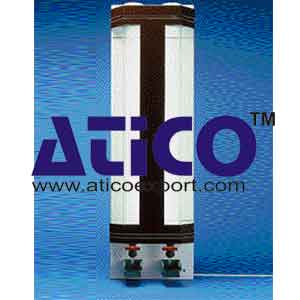




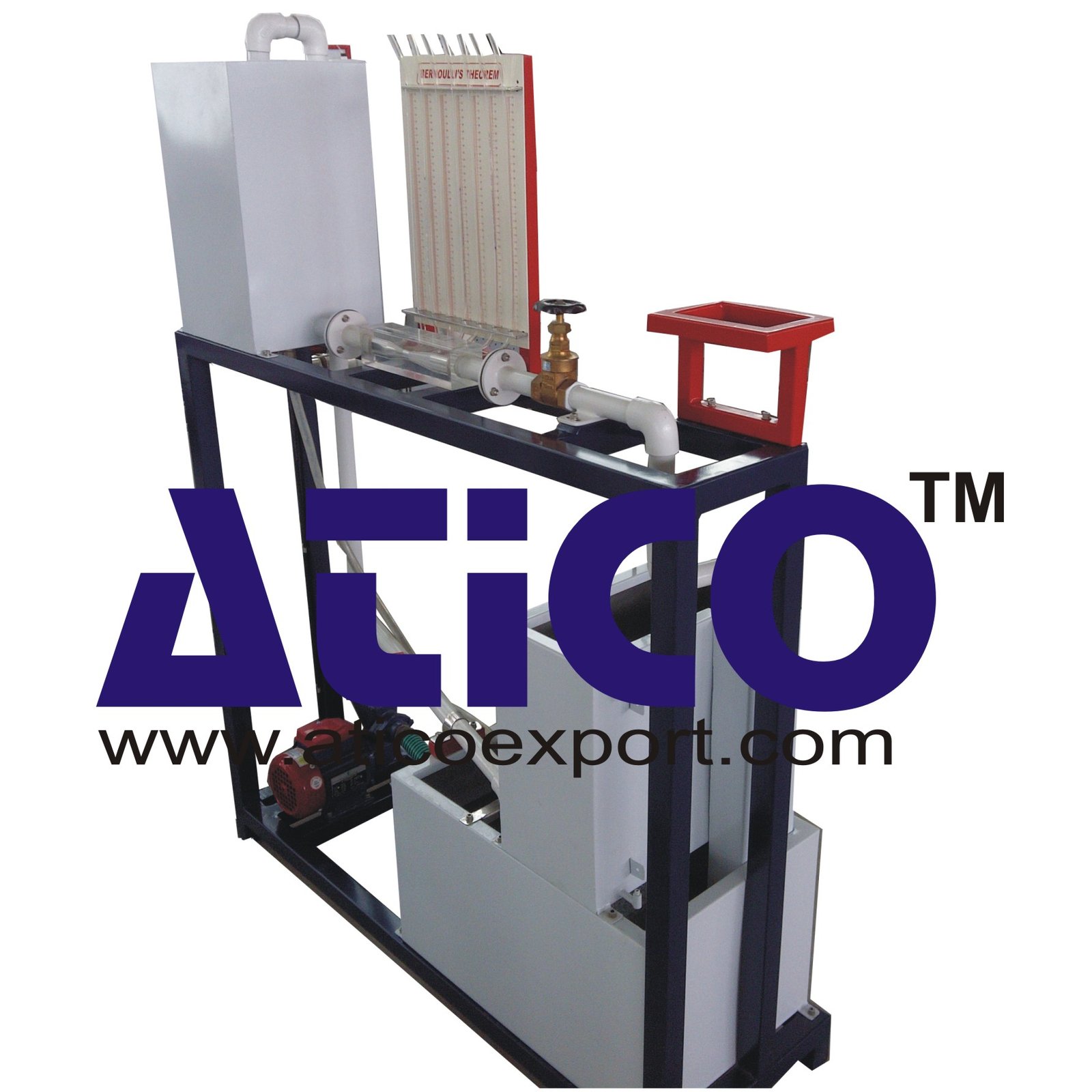
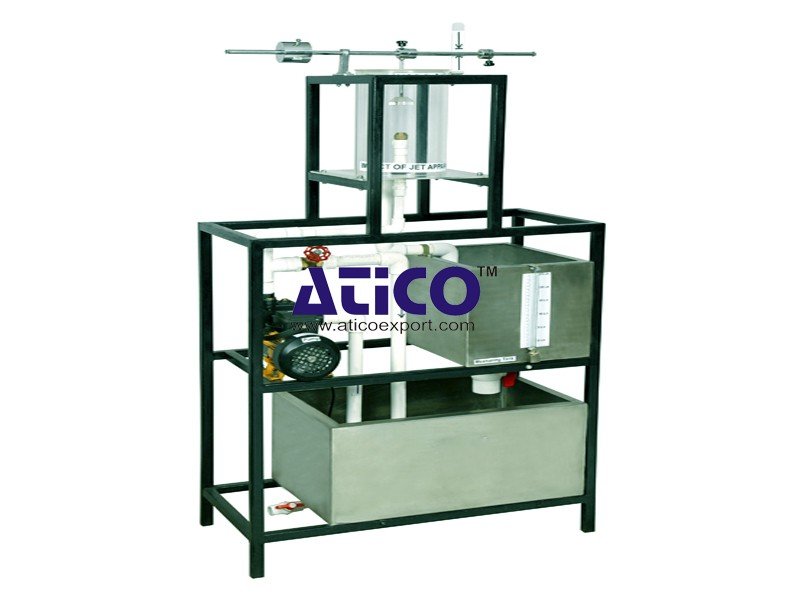
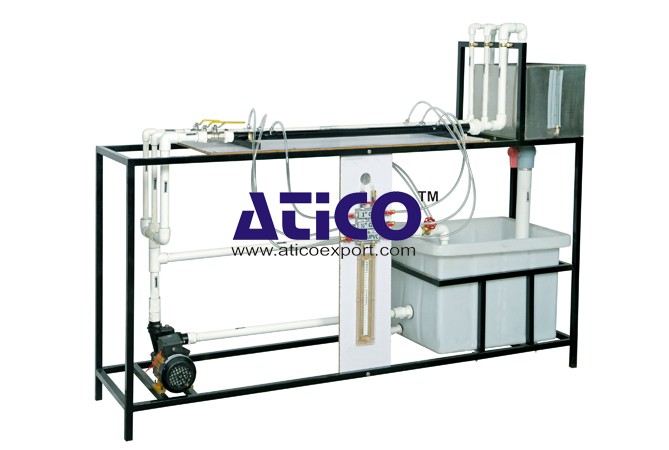
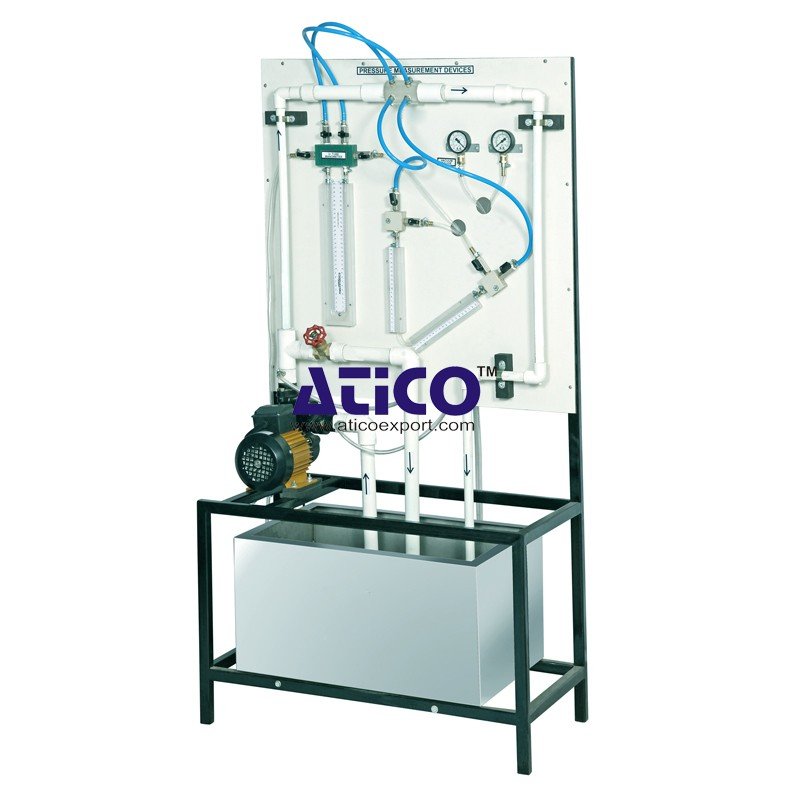
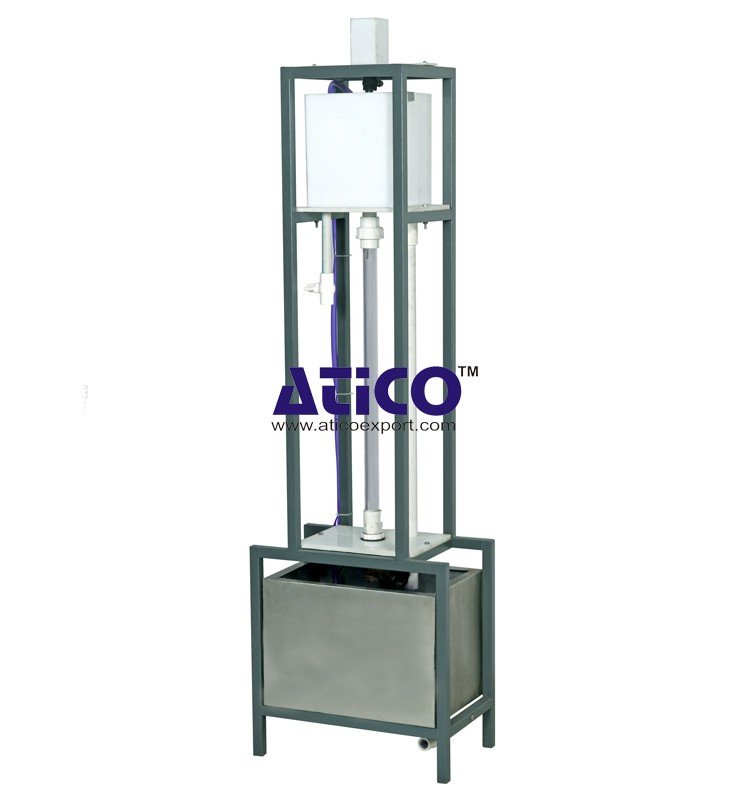
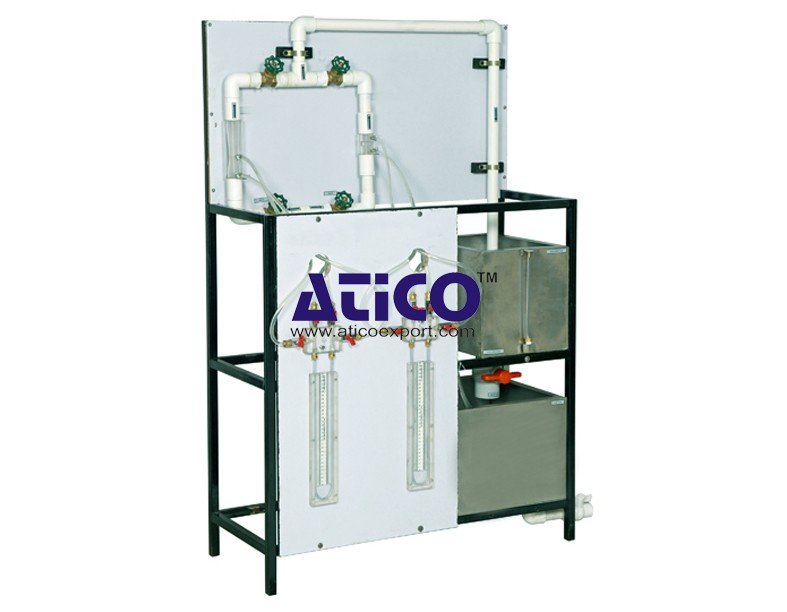
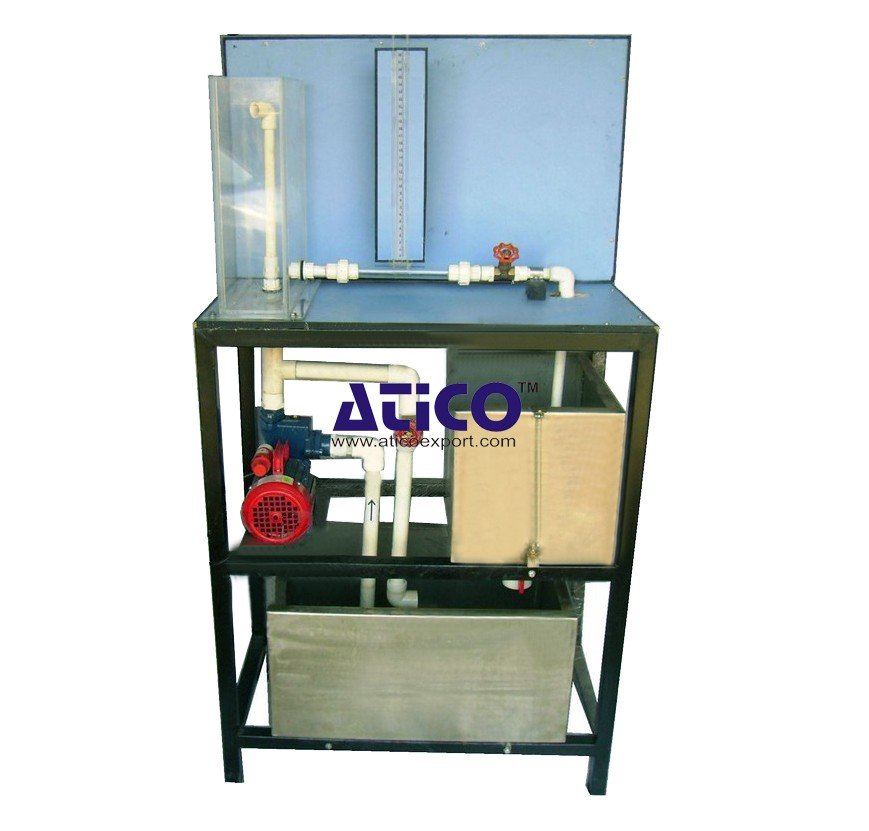
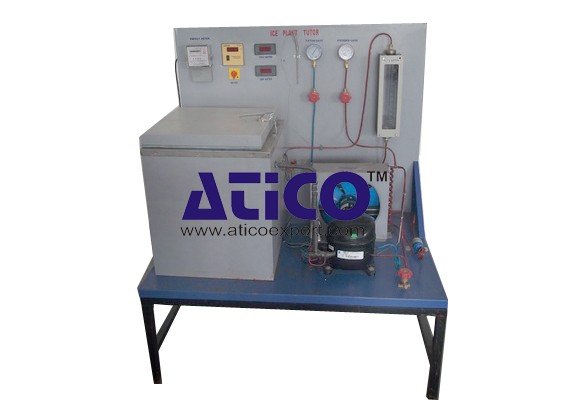

Product
Reviews
add Review
reviews
No Review Yet.